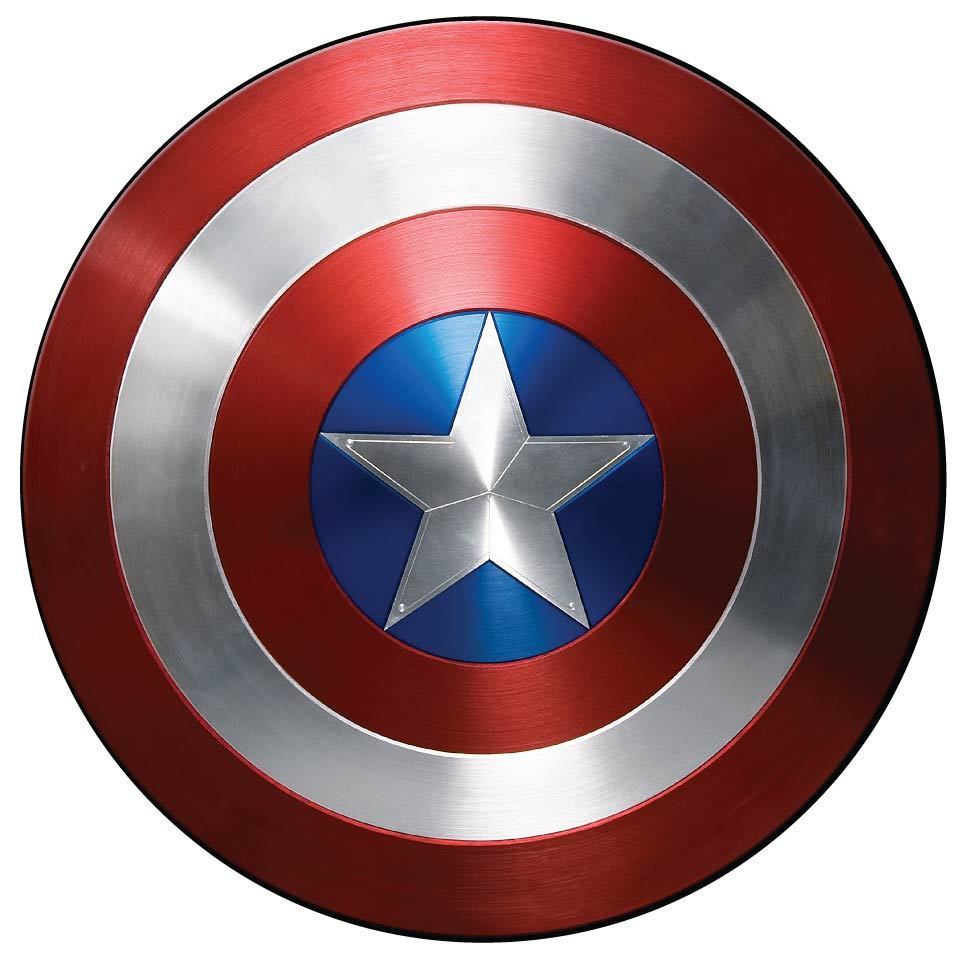A Note about the Course References
- I have tried to provide accurate courses references in APA format. However, I have chosen to use full first names, rather than only full last names as APA does, to help students to learn who key scholars are. Please be aware, though, that in standard APA format, Gian Pagnucci would be abbreviated as Pagnucci, G.!
- I have also tried to provide working links although these can cease to work over time, of course.
References (Required Course Readings)
- Best, Karen. (July 29, 2019). How faculty in all disciplines can help ESL writers succeed (Part 1). Another Word. The Writing Center at the University of Wisconsin-Madison.
- This article explores many of the key challenges ESL student writers need assistance with in order to succeed at the college level
- Bizzell, Patricia. (2009). Opinion: Composition studies saves the world! College English 72(2).
- Famous Composition Studies scholar Bizzell says it is impossible to separate our politics from our teaching
-
- Blake offers practical ideas for making social justice a part of your teaching
- The Center for Excellence in Universal Design (CEUD)/National Disability Authority (NDA). (Accessed 2022). The 7 principles of universal design.
- The basic concepts of universal design
- CAST. (Accessed 2022). Universal Design for Learning (UDL) guidelines.
- Strategies for making classrooms more accessible for all learners
- Combs, Stephen M. (2015). In search of a proper role for first-year composition in the two-year open-enrollment college. Academic Leadership Journal in Student Research, 3.
- This article explores many of the common ways the college composition course is structured
- Conference on College Composition and Communication (CCCC) (Mar., 2015). Principles for the Postsecondary Teaching of Writing.
- CCCC is the leading disciplinary organization for the teaching of writing in the United States
- CCCC is run by the National Council of Teachers of English (NCTE)
- I encourage all students to join CCCC if you are not already a member
- These principles discuss research ides for teaching writing at the college level
- Conference on College Composition and Communication (CCCC). (May, 2020). CCCC statement on second language writing and multilingual writers.
- This statement from CCCC discusses best approaches for working with multilingual writers
- Fish, Stanley. (Jan. 23, 2003). Save the world on your own time. The Chronicle of Higher Education.
- Famous Literary Scholar Fish challenges the teaching of social justice issues
- Jenkins, Rob. (2020). Why we must get back to basics in teaching composition. The Chronicle of Higher Education.
- Associate Professor of English at Georgia State University’s Perimeter College who advocates returning to traditional focus for teaching composition
- While I don’t agree with Jenkins’ approach, he represents a particular view that composition scholars should understand often shapes discussions about how writing should be taught at the university level
- Note: To read this article, you have to sign up for a free email subscription to The Chronicle (you can always cancel later)
- Lee, Yooyoung (2019). A comparison of writing tasks in ESL writing and first-year composition courses: A case study of one US university. Language Teaching Research, 25(3), 360-377.
- This article compares writing tasks between mainstream first-year composition courses and composition courses designed for English as a Second Language students
- McCoy, Shane A. (Winter 2020). Writing for justice in First-Year Composition (FYC). Radical Teacher, 116, 26-36.
- McCoy talks about what it means to fully embrace the ideology of social justice teaching
- McIntosh, Peggy. (1989). “White Privilege: Unpacking the Invisible Knapsack”
- Classic article examining how race often provides often unrealized privilege to white people
- Murry, Donald. (November, 1972). “Teach Writing as a Process Not Product. The Leaflet, 11-14.
- A seminal article in the field of Composition Studies discussing why we should focus on the process of writing rather than on having students create products we can grade
- Riel, Shelynn. (August 19, 2022). Teaching writing to ESL/EFL students: Tips and activities at any level. Bridge Universe.
- This article offers basic advice on how to help multilingual students to successfully write in English
- Sathy, Viji, & Hogan, Kelly A. (2019). How to make your teaching more inclusive. The Chronicle of Higher Education.
- Useful advice on how to make classrooms more inclusive
- Wilson, Jennifer S. (Summer, 2010). Engaging second language writers in freshman composition: A critical approach. Composition Forum 22.
- This article encourages composition teachers to view second language (multilingual) students as valuable members of a writing class who have much to contribute to the classroom community
- Yood, Jessica. (Mar. 11, 2016). From crisis to composition. Inside Higher Ed.
- In this fascinating article, Jessica Yood, a college composition teacher, actually takes a first year composition course for a sabbatical project
References (Optional Course Readings)
- Hartwell, Patrick. (Feb., 1985). Grammar, grammars, and the teaching of grammar. College English 47(2), 105-127.
- Patrick Hartwell was an IUP Emeritus Professor
- This seminal article on grammar was one of the most widely cited articles in Composition Studies in the 1980’s
- Flower, Linda, & Hayes, John. (Dec., 1981). “A Cognitive Process Theory of Writing. College Composition and Communication 32(4), 365-387.
- A seminal article in the field of Composition Studies which offers the first map of the composing process
- Tate, Gary, Taggart, Amy Rupiper, & Schick, Kurt (Eds.). (2000). A Guide to Composition Pedagogies. New York: Oxford UP.
- Great book outlining a broad range of approaches to teaching writing
- Tate, Gary, Taggart, Amy Rupiper, Schick, Kurt, & Hessler, H. Brooke. (Eds.). (2014). A Guide to Composition Pedagogies. (2nd ed.). New York: Oxford UP, 2014.
- Second edition of the book offering extra focus on digital pedagogies
